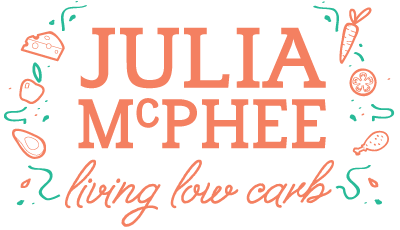

1. Declining Muscle Mass
While that little roll of soft ‘adipose tissue’ (or fat) around your waist seems to just keep getting bigger, you might be noticing your muscle mass is declining. It doesn’t seem to matter how much you work those muscles, particularly those biceps and triceps they just don’t look as smooth and svelte as they did pre-50!! Exercise and good nutrition however, are considered vital to contributing to muscle mass, strength, and associated quality of life. So work those muscles ladies! Choose an exercise that you enjoy and just do it.
2. Stress
Prolonged periods of stress can have an adverse impact on weight status, making it difficult for women to lose weight regardless of how strictly they adhere to healthy eating habits. In a life stage that should see us relaxing, enjoying family and friends, we are bringing up teenagers, managing full time careers, caring for aging parents, not to mention maintaining healthy relationships, and I nearly forgot, paying the mortgage!! In a stressed state your body craves carbohydrate to provide a quick burst of energy. This is fine when you are in danger and need to run for your life, not a state you want or need your body to be in in for prolonged periods. The insulin your body releases in response to those carbohydrates will very likely be contributing to your weight gain or difficulty in losing weight
3. Sleep
After a night of disrupted or poor sleep, firstly our normal morning cortisol levels are lower than normal, so we lack that get up and go. Now remember that cortisol is our stress hormone, and while we don’t want prolonged increased levels throughout the day, we do need it to get us going in the morning. Secondly, those sluggish cortisol levels increase later that day and remain at a higher than normal level throughout the late afternoon. I am no scientist but it appears to me that those increased cortisol levels in the late afternoon and early evening will very likely set you up for another sleepless night. So clearly those of you who are experiencing difficulties in losing weight, disrupted or impaired sleep patterns might well be part of the problem. It might be time to investigate some forms of relaxation such as yoga, Pilates, time with friends and family…
It’s all sounding a bit doom and gloom, so let’s look at the positves…
4. Nutrition
It’s a no brainer that what you eat can either subdue or exasperate menopausal symptoms, however we still can’t agree on exactly what a ‘healthy’ diet is. There is one thing we all agree on – EAT MORE VEGETABLES. They don’t have to be organic or raw, they need to be fresh and should include green above ground varieties. EAT LESS PACKAGED FOODS. Bread, rice and pasta release glucose into the blood stream quickly, causing mood swings and fatigue and promoting weight gain. And now the controversial element of nutrition – fat – EAT MORE GOOD FAT. By good fat I mean natural mostly unprocessed fats; butter, coconut oil, olive oil, nuts and seeds, animal fats. These dietary fats will not make you fat and will not negatively impact your cholesterol levels – believe me on that one.
The Low carb high fat approach endorses a way of eating that is low in carbohydrate, moderate in protein and high in fat. Eat only when hungry and until you feel full. Do your own personal research on yourself, know what your body can tolerate and avoid foods that leave you feeling bloated or unwell. And while we do focus on weight remember if your weight is being a bit stubborn and not wanting to move, focus more on energy levels and how you feel within yourself.







One comment
However, the down sides and issues that are being faced by tthe district schools are more
than merely picky eaters. You will find various shakes which can be most useful for whether
pre-workout or post-workout. It has also been proven that
protein requires muc more calories to get digested completely inside sygstem when compared with any saturated fats oor carbohydrates.